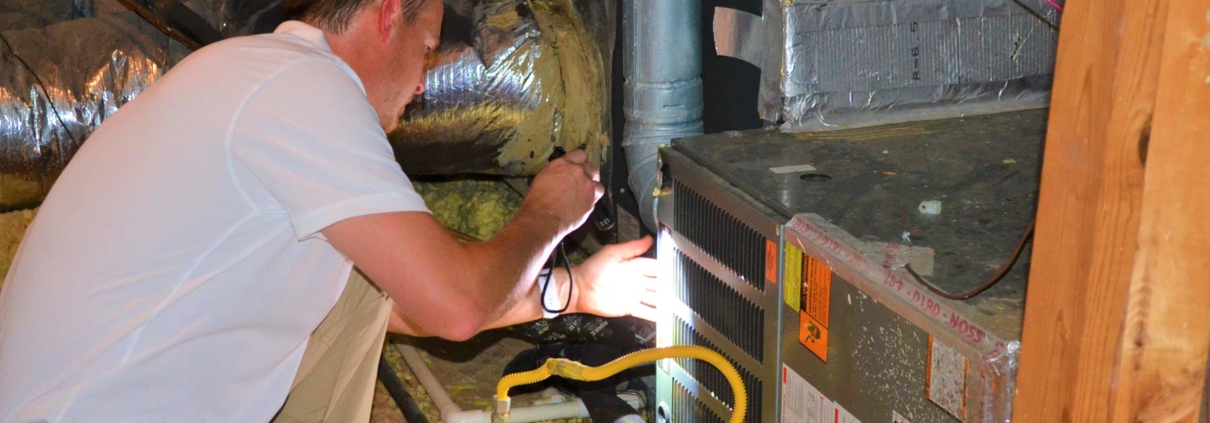What Does a Home Inspector Do?
What Does a Home Inspector Do?
A home inspector is a professional who assesses the condition of a residential property, typically as part of the real estate transaction process. Their primary role is to evaluate a home’s structural integrity, systems, and overall safety to provide potential buyers or sellers with a detailed report. The inspection covers various areas of the home, including the foundation, roofing, electrical systems, plumbing, and HVAC (heating, ventilation, and air conditioning). By conducting a thorough examination, a home inspector helps both parties in a real estate deal make informed decisions about the property.
Structural and Exterior Evaluation
One of the primary tasks of a home inspector is to assess the structure of the house, which includes the foundation, framing, and overall stability of the building. They look for signs of foundational damage, such as cracks or shifts, that could indicate serious issues. On the exterior, the inspector checks the condition of the roof, gutters, and siding. This part of the inspection helps determine whether the home is at risk of water damage, poor insulation, or other external threats. By identifying structural issues early, buyers can avoid expensive repairs down the road.
Interior Systems Inspection
Inside the home, inspectors focus on key systems like plumbing, electrical, and HVAC. For plumbing, they check for leaks, the condition of pipes, and water pressure. In terms of electrical systems, they ensure the wiring is up to code and safe for everyday use, checking outlets, light fixtures, and circuit breakers. When it comes to HVAC systems, inspectors evaluate the furnace, air conditioning unit, and ventilation to confirm that they are functioning correctly and efficiently. These systems are critical for the comfort and safety of the home’s occupants, so any deficiencies must be addressed promptly.
Safety Concerns
A home inspector also focuses on safety aspects of the home. This involves checking for potential hazards such as faulty smoke detectors, carbon monoxide alarms, and unsafe stairways or handrails. If a home is older, inspectors may look for issues related to lead-based paint, asbestos, or mold. Additionally, they evaluate the condition of doors, windows, and fire escapes to ensure they comply with local safety regulations. Any concerns about radon or pest infestations, such as termites, are also noted and may require specialized follow-up inspections.
Reporting and Recommendations
After completing the inspection, the home inspector provides a comprehensive report detailing the findings. This report includes descriptions of any issues, photographs for clarity, and recommendations for repairs or further assessments. It serves as a crucial tool in the home-buying process, enabling buyers to negotiate repairs or price adjustments before finalizing the purchase. While the inspector provides a thorough overview of the property’s condition, they do not offer repair services, to maintain objectivity.
Importance in the Real Estate Process
Overall, the home inspector plays a key role in protecting the interests of both buyers and sellers. For buyers, the inspection ensures that they are making a well-informed investment and are aware of any potential problems with the property. For sellers, an inspection can highlight areas that may need attention before listing the home, potentially preventing surprises during negotiations. By providing transparency and reducing the risk of unforeseen repairs, home inspectors help create smoother, more transparent real estate transactions.




Leave a Reply
Want to join the discussion?Feel free to contribute!